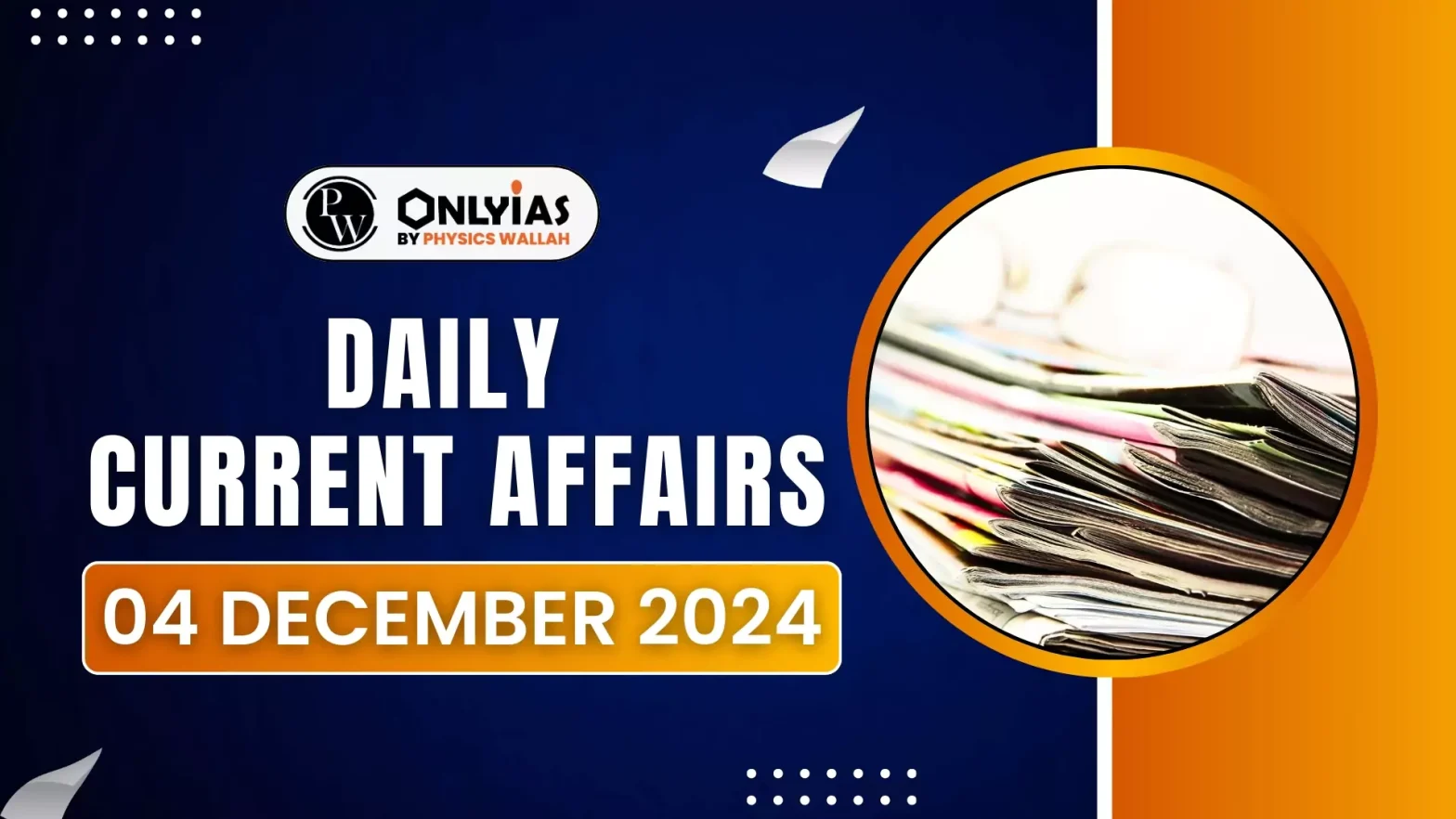![]() 4 Dec 2024
4 Dec 2024
English
हिन्दी

U.S. President Joe Biden has recently granted an unconditional pardon to his son, Hunter Biden, who faced federal tax and gun convictions.
| Aspect | US President | Indian President | Indian Governor |
| Constitutional Provision | Article II, Section 2, US Constitution | Article 72, Indian Constitution | Article 161, Indian Constitution |
| Applicability | Federal crimes only; excludes impeachment cases | Offenses under Union laws, court-martial, and death sentences | Offenses under state laws; excludes death sentences and court-martial |
| Time of Pardoning | Can be granted before or after conviction | Post-conviction only | Post-conviction only |
| Level of Discretion | Absolute; no requirement for advice or approval | Based on Cabinet advice; limited discretion | Based on state government’s advice; limited discretion |
| Extent of Power | Broad and independent; includes self-pardons | Limited; cannot act independently of government | Limited to state law offenses; cannot act independently |
| Types of Pardoning | Pardon, reprieve, commutation, remission, amnesty | Pardon, reprieve, commutation, remission, respite | Pardon, reprieve, commutation, remission, respite |
| Court-Martial Cases | No provision | Included | Not included |
| Death Sentence | Can pardon | Can pardon | Cannot pardon. He can only suspend/remit/ commute the death sentence. |
| Judicial Review | Not subject to judicial review | Subject to judicial review if arbitrary, mala fide, or irrational | Subject to judicial review if arbitrary, mala fide, or irrational |
| Role of Other Bodies | No mandatory consultation | Requires advice from the Council of Ministers | Requires advice from the State Council of Ministers |
| Self-Pardoning | Possible (controversial and untested) | Not applicable | Not applicable |
<div class="new-fform">
</div>